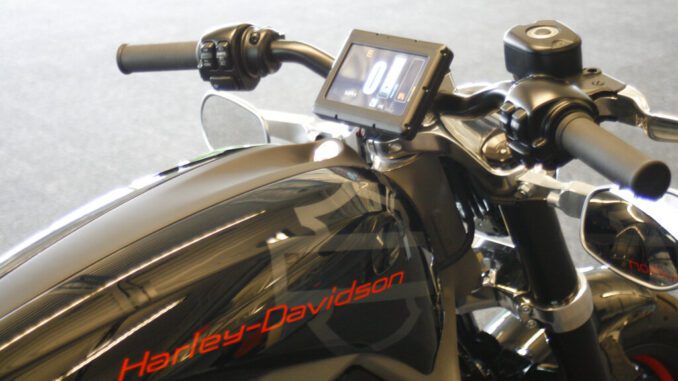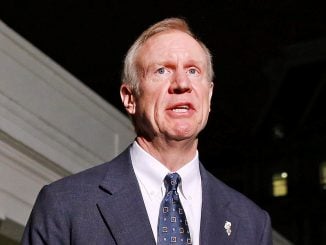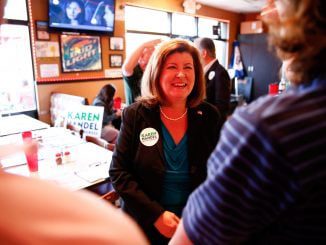
MILWAUKEE — Harley-Davidson will take its electric motorcycle division public through a blank-check company, valuing the enterprise that has been part of the Harley for 10 years at $1.77 billion.
The news gave a jolt to long-suffering shares of Harley-Davidson, which jumped 14% at the opening bell Monday.
Under the agreement, the special purpose acquisition company AEA-Bridges Impact Corp. will buy Harley-Davidson’s LiveWire and make it the first publicly traded electric motorcycle company in the U.S. next year.
LiveWire has been part of the Milwaukee motorcycle maker for 10 years and became a separate unit in 2019.
Harley-Davidson Chairman and CEO Jochen Zeitz will hold the same positions at LiveWire for up to two years after the deal closes.
LiveWire’s stock is expected to list on the New York Stock Exchange under the ticker symbol “LVW.”
Special purpose acquisition companies, or SPACs, are used as a shortcut to go public, bypassing the lengthy and costly process of a traditional initial public offering.
SPACs exploded in popularity last year, reaching a fever pitch early in 2021 when they were raising an average of $6 billion every week. They offer investors a way to get into those exciting, potentially high-growth companies or companies or industries, and few sectors are as hot lately as electric vehicle makers.
Companies going the SPAC route often feel more license to highlight projections for big growth they’re expecting in the future, for example. In a traditional IPO, the company is limited to highlighting its past performance, not necessarily the greatest selling point for young startups that have little to show for in sales or profits.
Once the transaction closes, Harley-Davidson will keep an approximately 74% equity interest in LiveWire. ABIC’s shareholders will own about 17%, and ABIC’s founders and Taiwanese powersports company KYMCO will own approximately 4% each.
The deal has been approved by the boards of Harley-Davidson and ABIC and if it gets the approval of ABIC shareholders, it is expected to close in the first half of next year.



